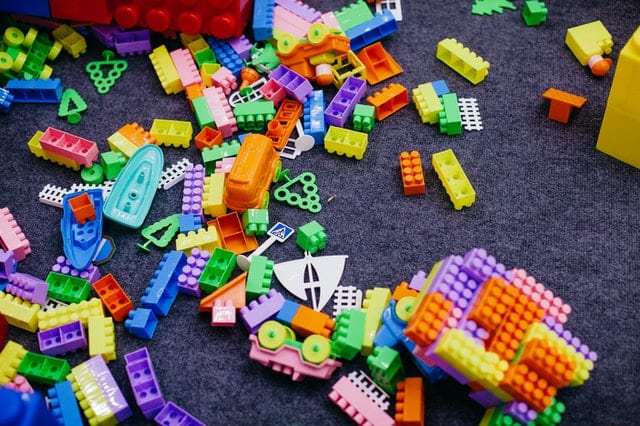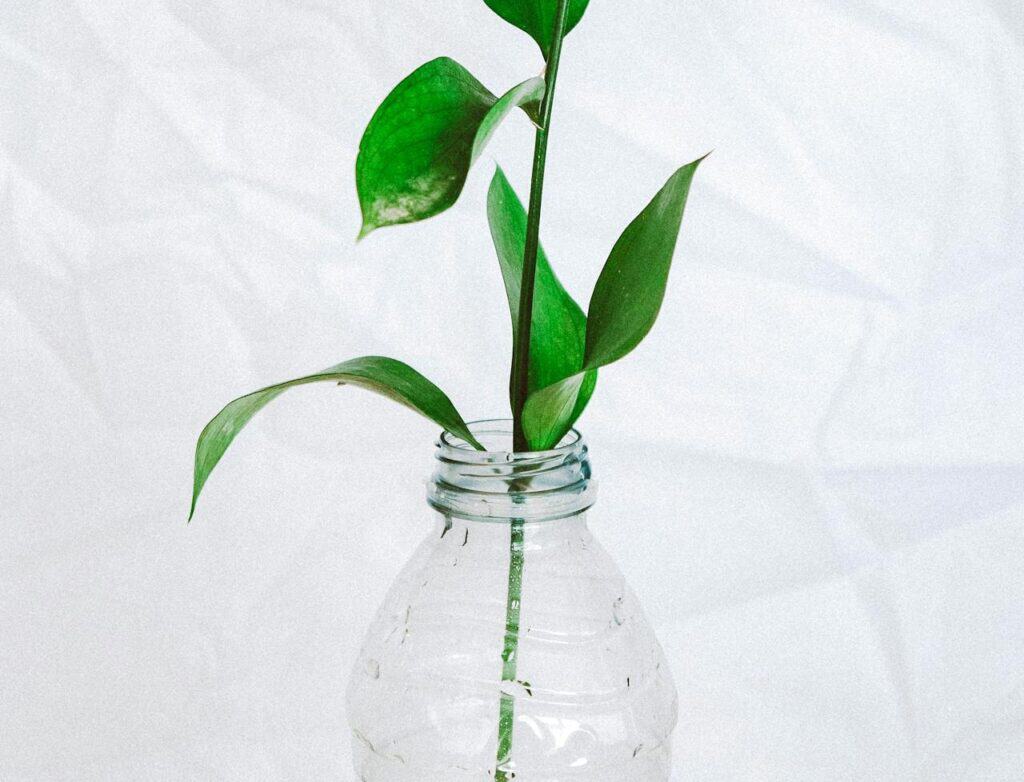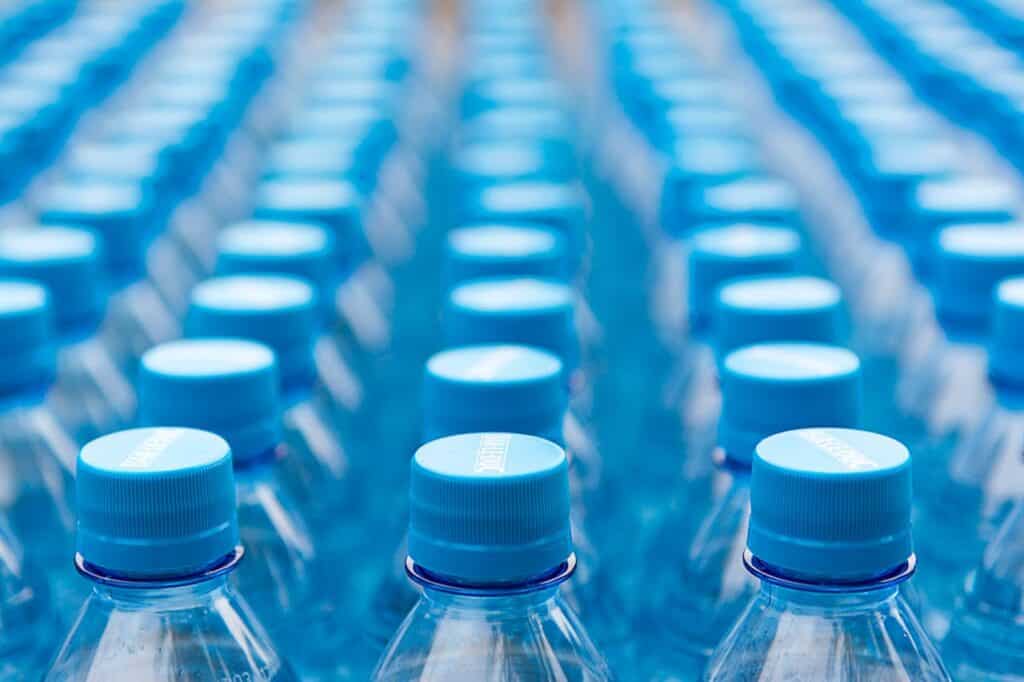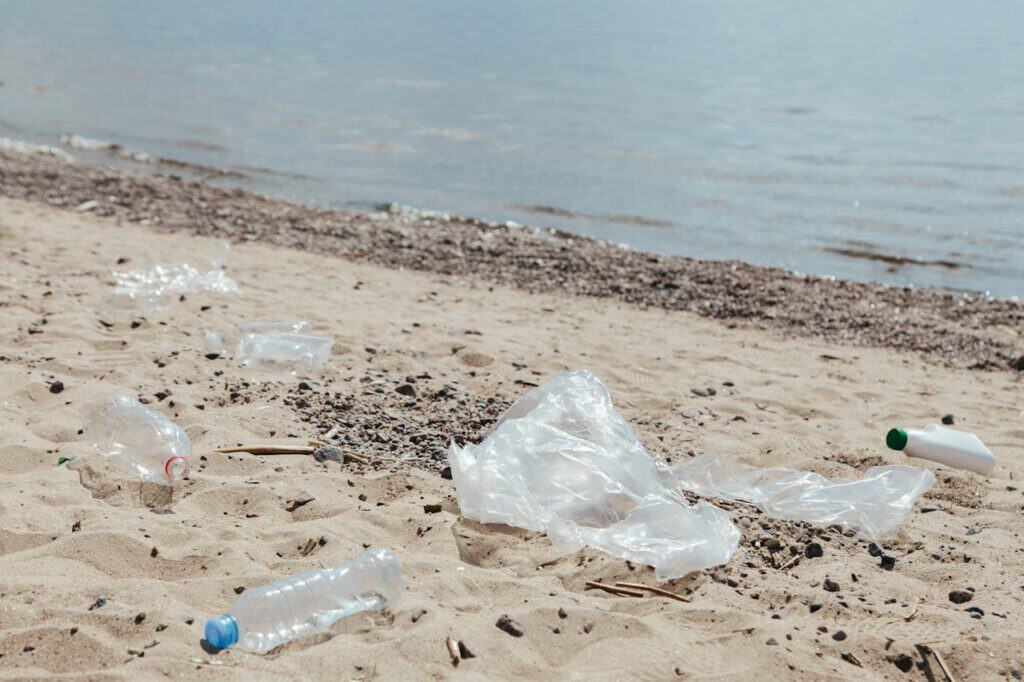Waitrose Moved By A 10 Year Olds Campaign
Waitrose has previously made greener choices with the end of selling Christmas crackers with glitter or plastic toys as well as plans to make their ‘own-label’ products have packaging that can be recycled, reused or home compostable by 2023. Their recent move has been to back the campaign of 10 year old Skye from Gwynedd who has been persuading publishers to stop including “pointless plastic” in their children’s magazine. Waitrose has stated that over the next 8 weeks, it will remove these types of magazines from their shelves and has asked publishers to provide sustainable alternatives. This ban specifically targets what Waitrose considers as “pointless” as reusable options like colouring pens and pencils, collectable models, educational items, and reusable craft products will still be available.
Think of the children!
It’s important to note the strong stance that Waitrose has taken, as the notice they have provided the publishers clearly shows their on the side of greener pastures by stating they will not sell children’s magazines that don’t include sustainable options. This decision, inspired by Skye, shows that the company is considering the future children will inherit by making decisions that reflect their choices.
Marija Rompani, Sustainability and Ethics Director/Partner at Waitrose, states: “While we know these magazines are popular with children, some of the unnecessary plastic attached to them has become really excessive. Many in the younger generation really care about the planet and are the ones inheriting the problem of plastic pollution. We urge publishers to find alternatives, and other retailers to follow our lead in ending the pointless plastic that comes with children’s magazines.”
The impacts of single-use plastic
There is roughly 300 million tons of plastic produced yearly, and half of them amount to single-use items. The majority of this waste ends up in landfills, but a considerate amount ends up in our oceans every year, an estimate of 12.7 million tons. Finding greener solutions to plastic first needs to address the inordinate use of single-use items, such as the disposable plastic toys. The devastating consequences of landfill use and plastic in our oceans polluting our environment will be harder to solve once the damage has already been committed. It is easier to reduce waste than it is to reduce water and soil pollution. Finding sustainable alternatives will be better in the short term and for the long term.








